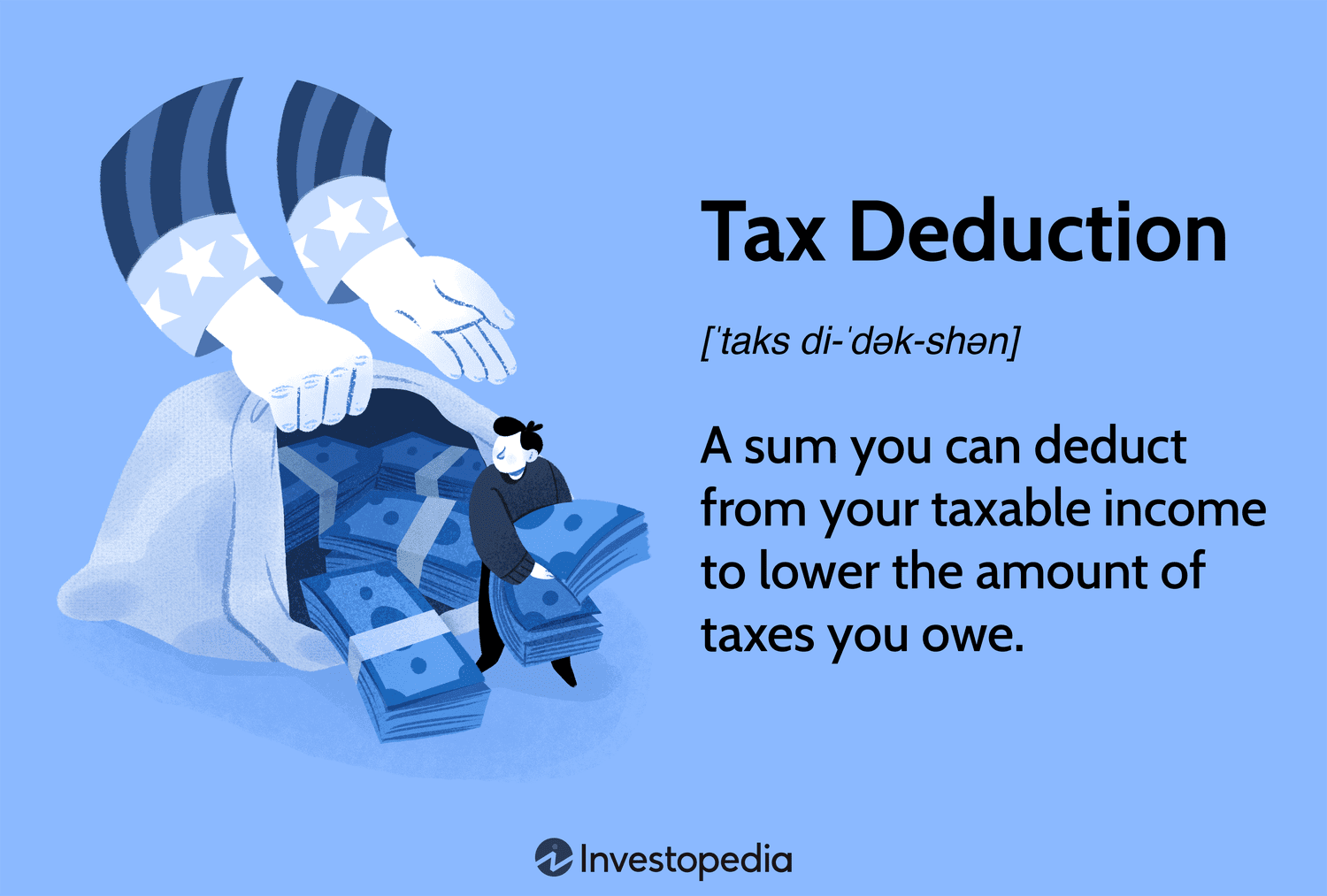Understanding Deductions and Credits: A Beginner’s Guide
If you are not aware of the process, it can be tough to declare deductions and debts on your tax return. However, recognizing exactly how to do it appropriately can eventually save you money. This short article will use guidance on what you need to do in order to successfully declare both types of decreases on your returns.
Tax Deductions and Credits You May Be Eligible For
Are you knowledgeable about the different tax obligation deductions and debts that could profit your monetary scenario? There are several common ones available such as:
Donating to charitable causes can be a rewarding experience but did you know that it could also help lower your taxable income? Keep track of all donations and have proper documentation on hand so that when its time for filing season rolls around you’ll be ready. Remember: every little bit counts!
If you faced substantial medical expenditures during the year, do not fail to remember that these costs might be deductible. Keeping track of all associated costs and receipts will certainly help make certain an exact report on your tax return. Bear in mind: company is key!
Are you spending for tuition or various other education and learning relevant costs? You may be qualified to assert particular tax obligation breaks that can help offset these expenses. Speak with an accounting professional or tax specialist today and find out which ones apply especially to your circumstance. Do not miss this possibility!
The cost of child care can tax moms and dads who work outside the home. Fortunately there may be some tax relief available if you paid out of pocket while seeking employment or attending work activities. Be sure to keep detailed records and consult with an expert on how best to claim these costs during filing season. With proper documentation in hand this deduction could provide substantial savings come April 15th!
Documenting Expenses for Tax Purposes – The Right Way
Documenting your expenses accurately is crucial when filing taxes. Here are some tips for maintaining proper records:
For a successful financial management strategy, it is essential to keep track of all expenses. This involves saving receipts and invoices related to medical bills, charitable donations statements as well as childcare costs among others. By doing so you can have an accurate picture of your spending habits and make informed decisions about how best allocate resources towards achieving your goals. Keeping these records organized will also come handy when filing tax returns or applying for loans. Remember that every penny counts!
Organizing your expenses by category can be made easier with the use of a spreadsheet or software program. This approach allows for better tracking and analysis of where money is being spent (e.g., medical bills vs charitable donations).
For optimal organization and accountability purposes, it is crucial to record the date as well as purpose of each expense. This will help avoid any confusion or disputes in future transactions. By doing so you’ll have a clear understanding of where your money went at all times!
Tax Return Deductions and Credits – FAQs
To help clarify some commonly asked questions about claiming deductions and credits on your tax return we have compiled this informative list of answers:
To prove your expenses, it is essential to keep certain types of documents. What are these? Keep reading!
When it comes to tax season, its essential that you keep all receipts and invoices related to your expenses. Additionally, make sure not to neglect any letters or forms sent by the IRS regarding your returns; better safe than sorry! Its always best practice to maintain thorough records for potential deductions/credits later on down the line – so don’t be afraid of keeping too much paperwork if need be!
To claim deductions and credits, you can go back as far as necessary. The certain timespan for declaring a credit or reduction differs based on several aspects, consisting of the sort of credit report or reduction and any type of pertinent regulations or guidelines that use. It’s ideal to get in touch with a tax expert for support on this matter.
Concerning tax obligations, there are constraints on the degree to which you can retroactively claim reductions and credit histories.
Generally speaking, these limits extend up until three years prior from the current year’s deadline for filing returns – which is typically April 15th each year. For instance if one wants to file claims related to their finances in 2020 they must do so before or by mid-April of 2024 at most; after that point any such attempts would be futile as per lawful guidelines set forth by authorities concerned with managing our nations fiscal matters effectively. Remember: being proactive pays off when dealing with important financial decisions like this! Don’t miss out on potential savings due to carelessness or negligence – take action now while its still possible within legal bounds established under US laws governing income taxation policies nationwide.
Are you wondering if claiming deductions and credits is possible even without itemizing your tax return? The answer is yes! There are specific situations where filers can still make the most of these advantages. Seek advice from an expert or do some research to get more information regarding this topic.
The assumption that itemizing deductions is necessary for claiming tax benefits persists among many individuals. However this belief isn’t accurate as there are still various opportunities to obtain deductions and credits even if you opt for the standard deduction instead of itemization.




